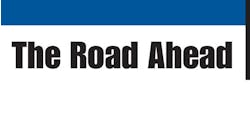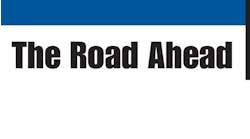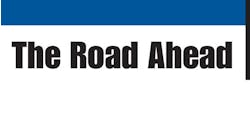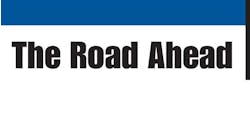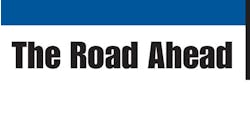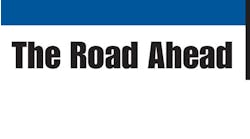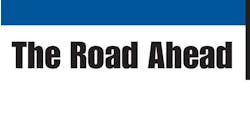Contrary to many economists’ declarations, the current recession is not worse than those endured in the past four decades and should begin to ease in the latter part of the year, says the economic analyst for the Fabricators & Manufacturers Association, International (FMA).
“Unless the current doom and gloom becomes something of a self-fulfilling prophecy, the recession is on a par with past downturns and real improvement will start to manifest itself in 2010,” says Dr. Chris Kuehl in the latest FMA economic update newsletter Fabrinomics.
Kuehl bases his assertions on how the National Bureau of Economic Research (NBER) defines recessions.
“The NBER has a reputation as being pretty conservative and reacts to factors beyond GDP to declare a recession,” Kuehl says. “It uses six criteria to determine when a recession has started and when it ends. These are GDP, real income, employment, industrial production, wholesale sales and retail sales.”
After an analysis by Kuehl of government charts that track GDP, income, unemployment and production since 1970, he concludes, “It is pretty apparent the recession of 2008-09 is not worse than those in the past four decades. In fact, the recessions of the 1970s and 1980s were arguably more painful on almost every level.
“For example, real GDP dipped lower in 1975 and 1980, and unemployment rates were higher in 1981-82. The statistics also show that although this is no shallow and unimportant recession, it isn't the worst we have been through – not by a long shot.” (Data on wholesale and retail trade were not collected in a uniform manner before 1995, so comparisons between now and the '70s and '80s are not possible.)
Kuehl acknowledges many U.S. businesses are suffering despite the numbers.
“To those who are frantically trying to hold their business together, the recession is as bad as it gets,” he says. “But for those who are trying to decide how radical they need to get to protect their business, a realistic assessment is needed. At this stage, the recession is on a par with what has been endured previously, which means it can and will be survived.
“The strategy now should be to hunker down and wait out the downturn – without taking steps that gut a company's ability to react to the turnaround. This means hanging on to valued employees who soon will be needed again. It means making those investments in capital goods that keep a company competitive, and it means staying true to strategic goals in marketing.
“If this is a normal recession people can overcome, a wait-and-see attitude is more palatable than if the conclusion is that we are facing the end of the economic world. According to the numbers, we are not facing the latter situation.”
